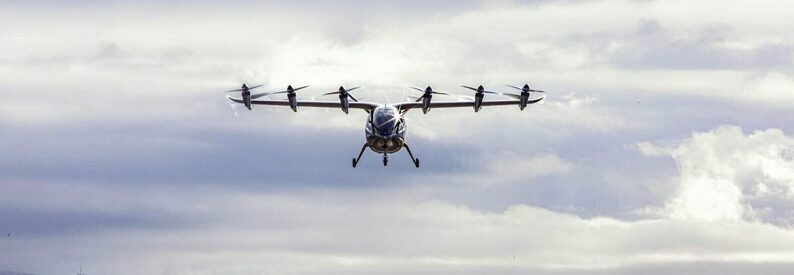Joby Aviation Completes First Piloted eVTOL Transition

Joby Aviation marked a historic milestone in electric aviation when its Chief Test Pilot James “Buddy” Denham successfully executed the company’s first piloted transition flight on April 22, 2025. The Savannah-based eVTOL developer confirmed on April 29 that Denham had flown the all-electric aircraft from vertical takeoff into horizontal cruise and back again, demonstrating the vehicle’s ability to shift seamlessly between flight modes with a pilot on board.
This achievement builds on Joby’s earlier work in unmanned testing, which began with the first remote transition of a full-scale prototype in 2017. Since then, the company has flown hundreds of automated vertical-to-cruise transitions. The piloted transition flights represent a critical step toward Federal Aviation Administration certification and the launch of commercial passenger service in Dubai, slated for mid-2025.
“Achieving this milestone is hugely significant for Joby. It not only demonstrates the high level of confidence we have in the performance of the aircraft as we prepare for commercial service in Dubai, it also paves the way to starting TIA flight testing with FAA pilots onboard,” said Didier Papadopolous, President of Aircraft OEM at Joby Aviation. His remarks underscore the rigorous development process that combined extensive ground and flight testing.
In preparation for piloted transitions, Joby engineers conducted thousands of hours of simulations and system checks in its Integrated Test Lab. This ground-based facility replicates the aircraft’s major subsystems and allowed teams to validate control logic, power distribution and redundancy before taking the aircraft aloft. Additional trials at Edwards Air Force Base assessed the design’s fault tolerance, proving that pilots could complete a safe vertical landing even if only four of the six propellers remained operational.
Following Denham’s inaugural piloted flight, two more Joby pilots have already completed similar transition tests, confirming the reproducibility of the results. The eVTOL prototype demonstrated stable handling across vertical, hover and cruise envelopes, maintaining a cruise speed of up to 200 miles per hour (321 kilometers per hour) while carrying a pilot and simulated passenger load.
Joby’s flight test fleet now comprises five aircraft, including two dedicated to joint trials with defense partners at Edwards. These collaborations have helped refine flight controls and certify the eVTOL’s compliance with stringent military and civil airworthiness standards. Data gathered from these tests will feed directly into the FAA’s Type Certification process, which Joby expects to complete ahead of its first revenue flights.
While other manufacturers such as Vertical Aerospace and Archer Aviation also focus on transition technology, Joby’s methodical approach—combining early unmanned transitions with a carefully staged series of piloted tests—has accelerated its readiness for commercial operations. The company has already outlined detailed plans for an air taxi network in Dubai, where its eVTOLs will ferry residents and visitors between urban centers and airports.
As Joby prepares to deliver its first production aircraft to Dubai in mid-2025, the successful piloted transition flights mark a definitive proof of concept. With the ability to take off vertically, cruise efficiently and land precisely, Joby’s eVTOL is poised to reshape urban mobility by offering a quiet, zero-emission alternative to ground transportation. The company’s progress to date positions it among the front-runners in the emerging eVTOL market and underscores the potential of electrically powered flight to transform the future of travel.
Related News : https://airguide.info/?s=eVTOL
